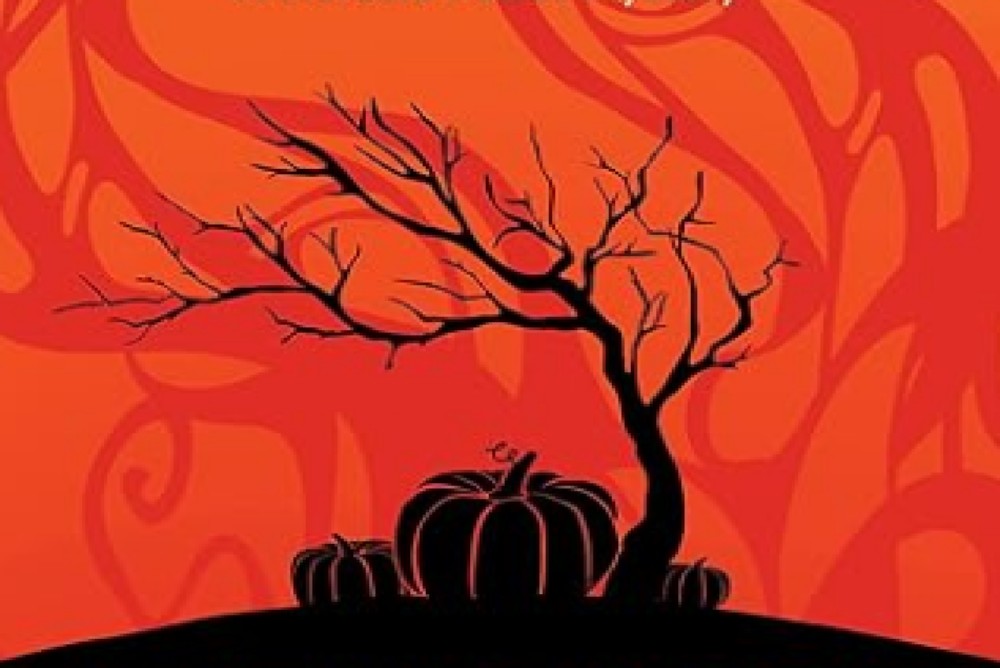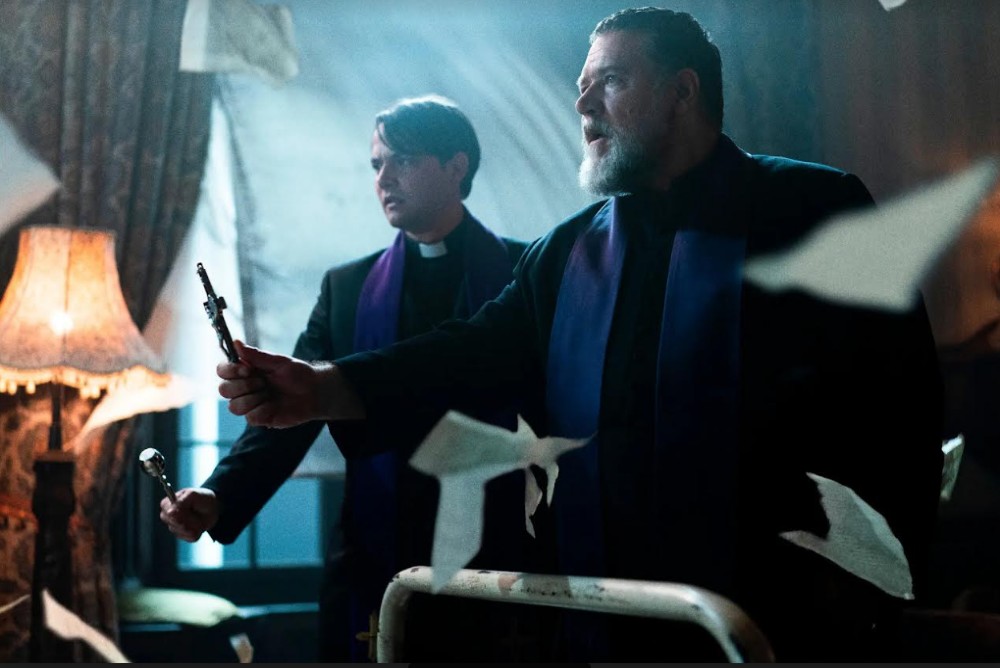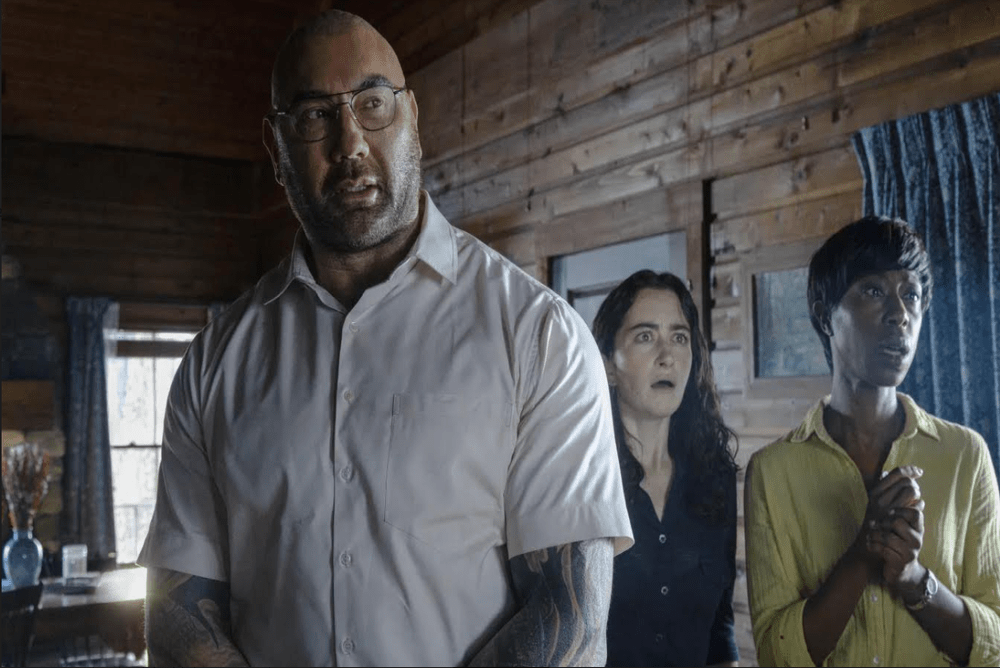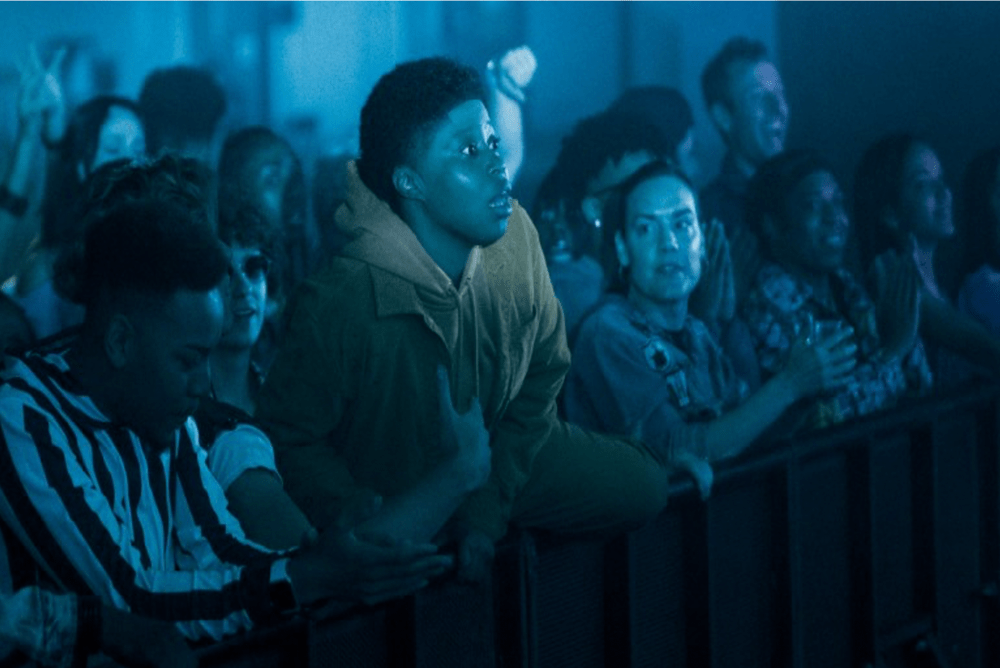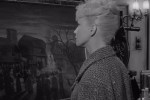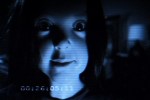Initial reviews suggest that Kenneth Branagh’s new Hercule Poirot adaptation, A Haunting in Venice (2023), has little in common with the Agatha Christie novel on which it is supposedly based. While Hallowe’en Party (1969) is set in a small English village, A Haunting in Venice is set in, well, Venice. The latter apparently centers a séance, completely absent from Christie’s novel. There’s an opera singer with a dead daughter – also not in the novel. Indeed, one wonders why this film is being marketed as an adaptation at all.
Perhaps the only thing the novel and film appear to have in common is that both represent an unusual crossing of horror conventions into Hercule Poirot’s world of clues and ratiocination – into the neat and orderly world of detection. That said, the particular horror conventions that infuse novel and film seem quite different. While A Haunting in Venice seems shrouded in the supernatural – harking back to perhaps the best-known of supernatural horror films set in Venice, Don’t Look Now (Nicolas Roeg, 1973), Christie’s Hallowe’en Party manifests the influence of folk horror.

